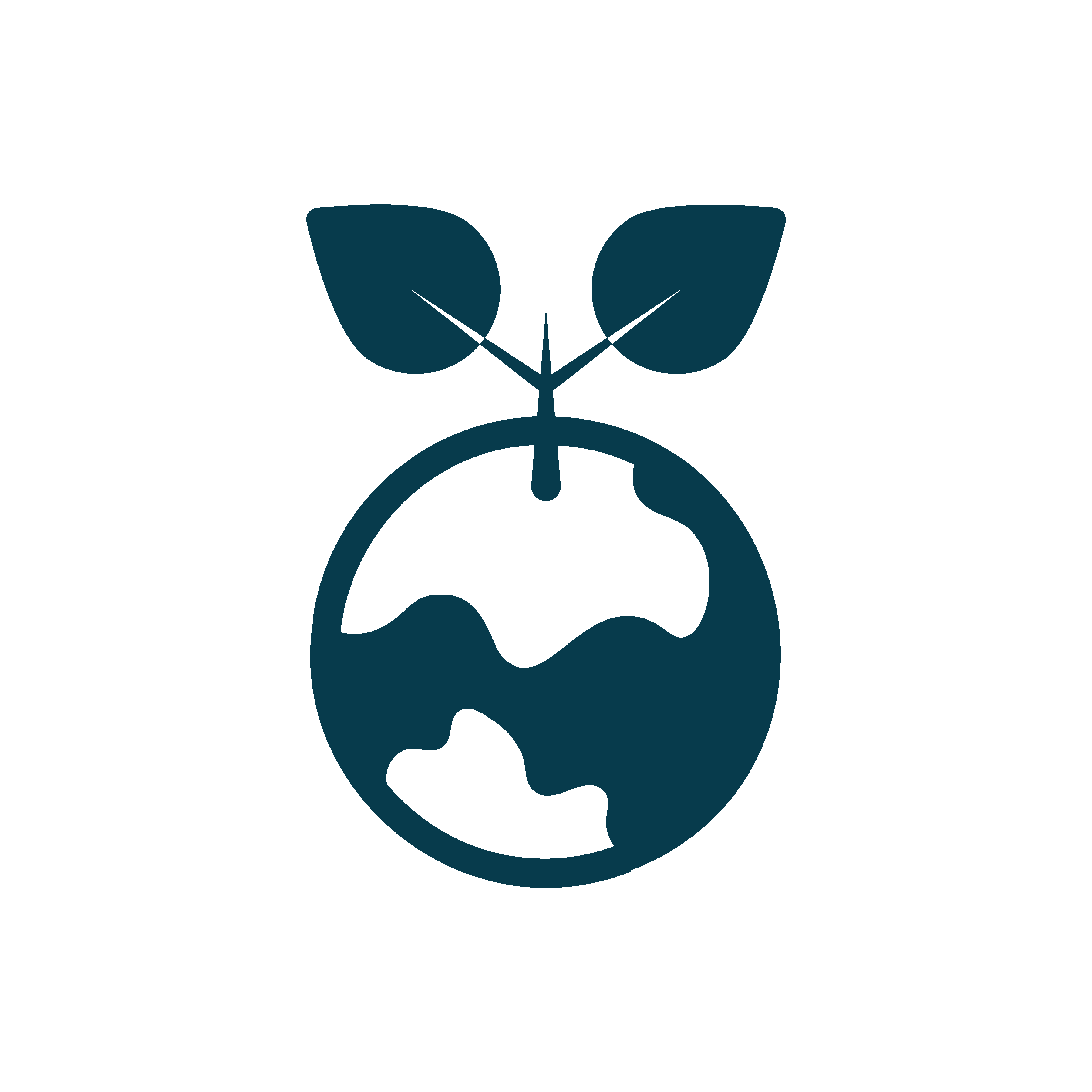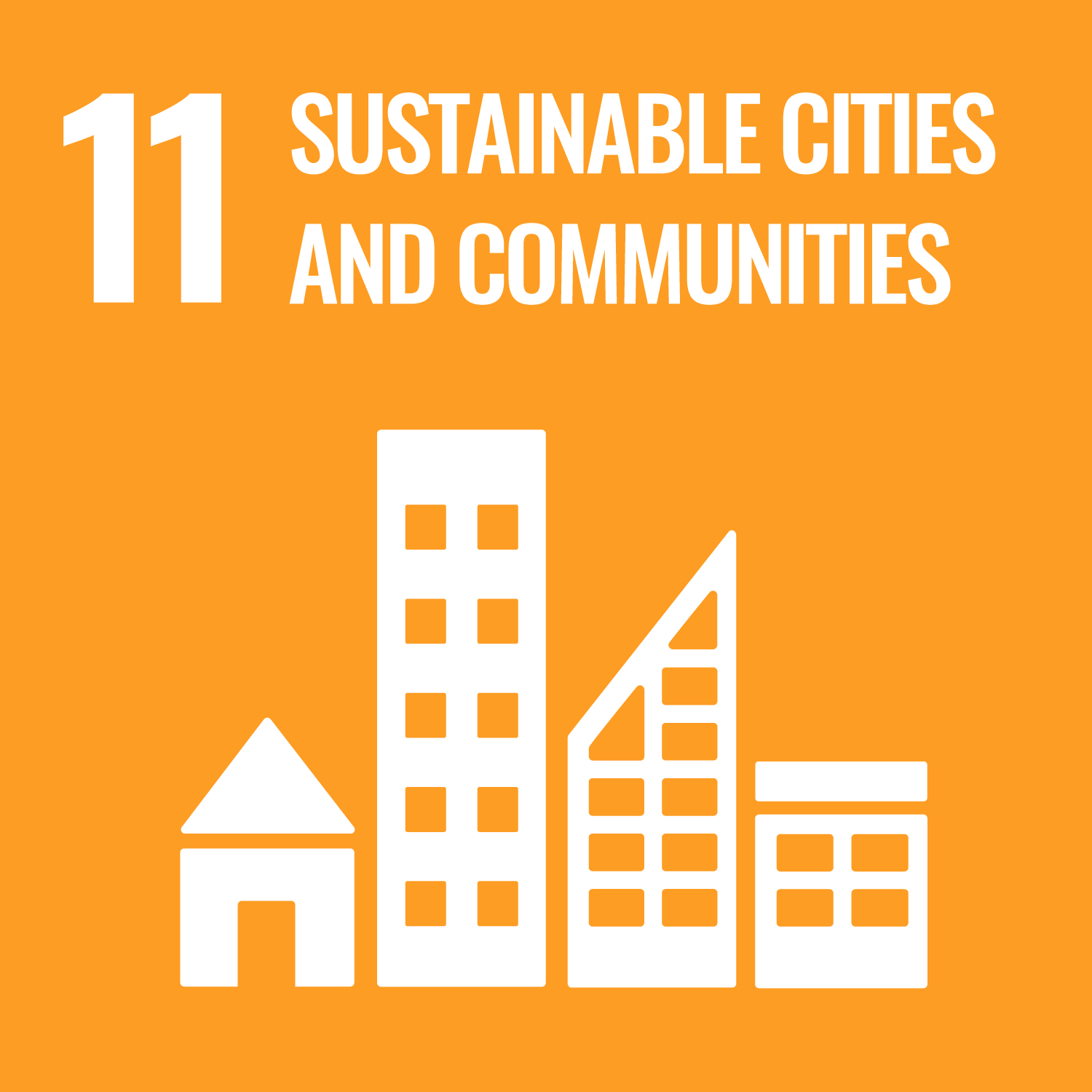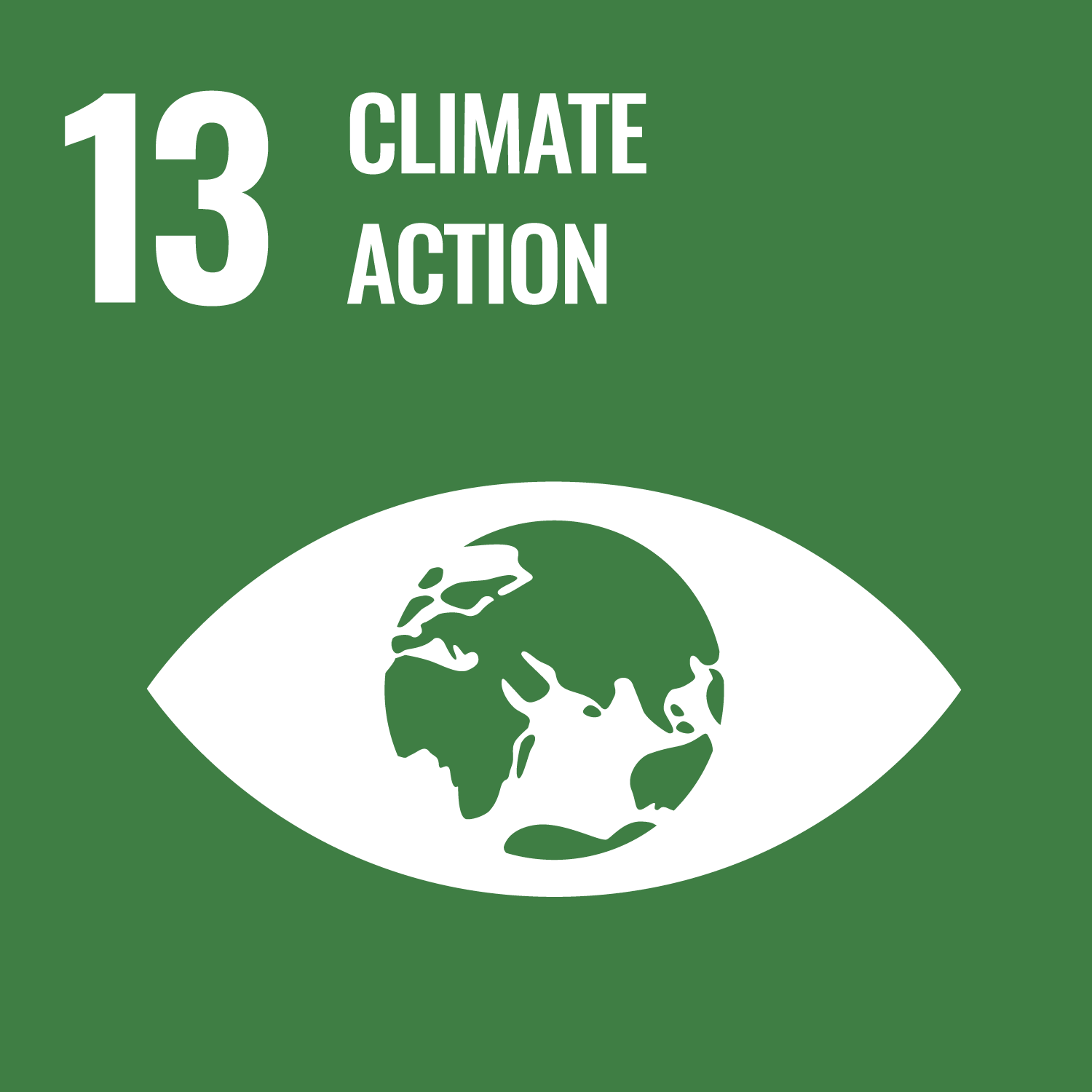The REELIH project set out to tackle the effects of climate change and energy poverty and improve the health and quality of life of low-income homeowners living in multi-apartment buildings in Central and Eastern Europe. The project helped establish and develop an investment market for retrofitting to secure the financial and political support of governments and to place increased focus on improving existing buildings by working with the local communities.
Capacity building, training and awareness-raising helped residents to know about energy efficiency and their right to adequate housing. The project supported homeowner associations (HOAs) in forming and planning the home improvements they need to carry out and help them identify funding solutions for their renovations.
The project worked with banks and local authorities. The development of a market for residential energy efficiency retrofits was one great success of the project. It created an opportunity for low-income households to access funding and has helped to attract subsidies from local governments. Through the REELIH project, residents in HOAs managed to repay loans, allowing them to make real improvements to their lives.
Municipalities and government bodies participated in the project with the intent of defining best practices and policy recommendations and creating subsidy systems with potential funding option for the repayment of loans. REELIH integrated a collaborative approach combined with a focus on energy poverty mitigation that affects low-income families to achieve holistic housing improvements that have real impact on residents’ life quality and the environment. The project, with a budget range of over 1 million euros fully or partially renovated over 100 buildings and over 3,500 apartments, improving the quality of life for over 12,000 residents.
Unlocking and transforming the market for energy efficiency renovations of multi-apartment buildings remains the biggest challenge on the way to a functioning “ecosystem” between different stakeholders: municipalities, financing organisations, utility companies and the HOAs. In the CEE region, HOAs have low quality representation and credibility towards municipalities and banks and there is a need for mediators who can bridge the gap, build trust and facilitate the development of complex financing models between different stakeholders. Overcoming this challenge and securing financial aid were key steps for the sustainability of the project.ymakers.
It addressed the topics of: behaviour, climate change, communities, energy access and consumption, energy audits, energy efficiency, equity and justice, financing schemes, heating and cooling systems, household appliances, indoor comfort, information and awareness, insulation, law and legislation, quality of dwellings and regulation.
The partners of the project: the Habitat for Humanity North Macedonia, Habitat for Humanity Armenia, (NGOs) ENOVA (private company) and USAID (agency).
-

-
 Countries impacted:
Countries impacted:
ArmeniaBosnia and HerzegovinaNorth Macedonia -
 Geographical scale:
Geographical scale:
International -
 Energy poverty phase:
Energy poverty phase:
DiagnosisPlanning -
 Intervention type:
Intervention type:
Financial mechanismsHousehold energy efficiency and refurbishmentPolicy Support -
 Professionals involved:
Professionals involved:
EngineerTechnicianSocial worker -
 Type of funding:
Type of funding:
International funds from the United States Agency for International Development (USAID) -
 Website:
Website:
Case website -
SDGs addressed:




Explore more



